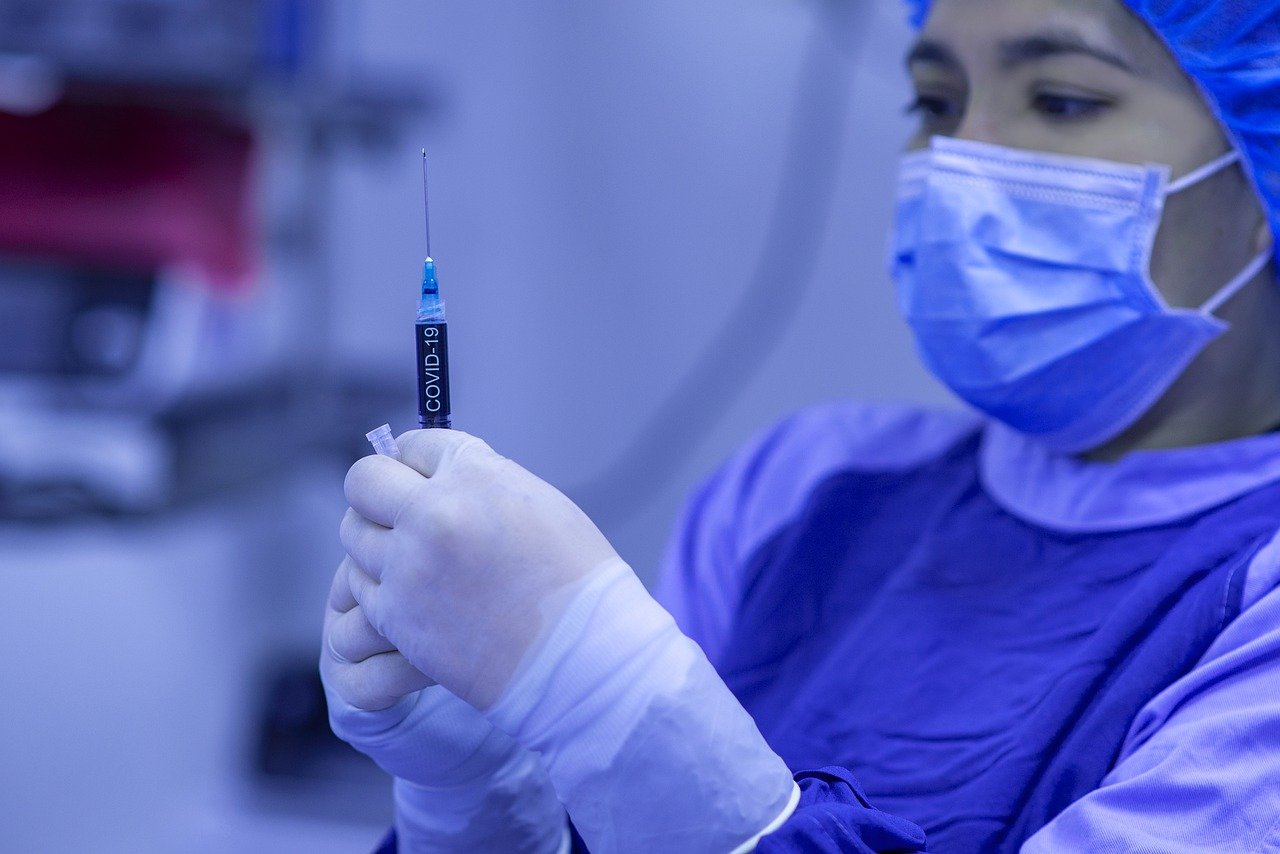
The first shipments of the coronavirus vaccine will fall short of the number of doses required to fully vaccinate the top priority recipients.
The US Centers for Disease Control and Prevention's (CDC) Advisory Committee on Immunization Practices have earlier recommended state health departments and governors' offices to prioritize vaccination of frontline health care workers and residents of long term care facilities such as nursing homes.
However, based on analysis of data, the first shipments of the coronavirus vaccine will fall short of the number of doses required for the approximately 24 million people under the priority category.
Vaccine production will fall short
With the Pfizer vaccine as well as Moderna's expected to receive emergency use authorization from the Food and Drug Administration (FDA), the CDC and Operation Warp Speed are starting to brief state health departments and governors' offices about the number of doses they will initially receive.
According to federal officials' estimates, around 40 million vaccines will be available by the end of the month if both Moderna and Pfizer will be awarded FDA authorization, which will be enough to vaccinate 20 million people. Each person will require two doses.
However, Pfizer is only expecting to produce 6.4 million doses of vaccine by mid-December.
Because of this discrepancy, states will be forced to decide how they will ration the vaccine among their top priority groups and how this will affect their schedule for vaccination of other groups later.
How states will adjust
In California, there are 2.4 million healthcare workers who need to be vaccinated first but Governor Gavin Newsom said the state will only receive 327,000 doses of the vaccine from Pfizer initially.
Newsom pointed out that since the first batch of vaccines can only cover a fraction of the healthcare workers, California will further trim down its list of top priority group of healthcare workers to determine who gets the vaccine.
The governor said: "It's one thing when you hear the national news about, well, we broadly all agree that our healthcare workers and skilled nursing residential care and assisted living facilities should be prioritized, but that is millions and millions of people. When you only have a few hundred thousand doses of vaccines -- doses, you need two doses -- you can cut that in half in terms of the total number of people that actually will be fully vaccinated. We have to look at some prioritization of those doses, and we've done just that."
The vaccines in California will now be given first to acute care facilities, nursing homes, dialysis centers and first responders before other health care groups.
Meanwhile, Alabama will receive only 40,950 doses from the initial shipment instead of the 112,000 doses Pfizer promised. Alabama Department of Public Health Officer Karen Landers mentioned that the state has a priority group of 300,000 health care workers and 22,000 residents of long-term care facilities.
Landers said: "The Alabama Department of Public Health will follow its Phase 1a allocation of Covid-19 vaccine and, as necessary, ask providers to sub-categorize persons within Phase 1a based upon supply."
"For example, healthcare personnel who work in emergency rooms, Covid-19 units, have underlying health problems, or other factors, may receive the initial vaccines," she added.






